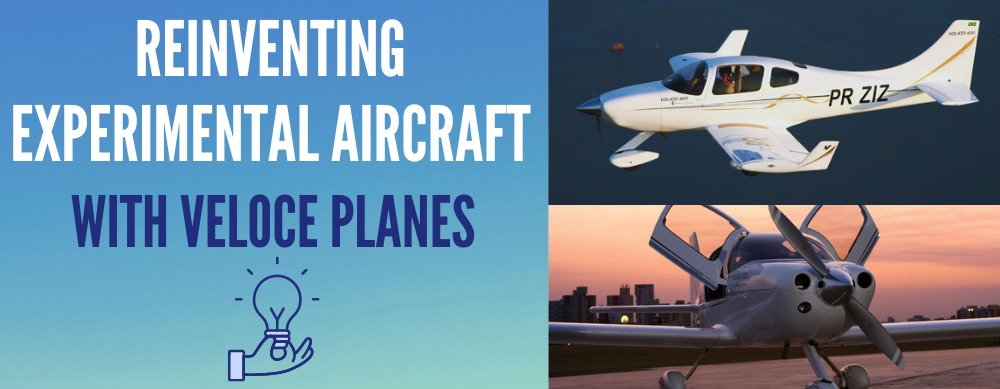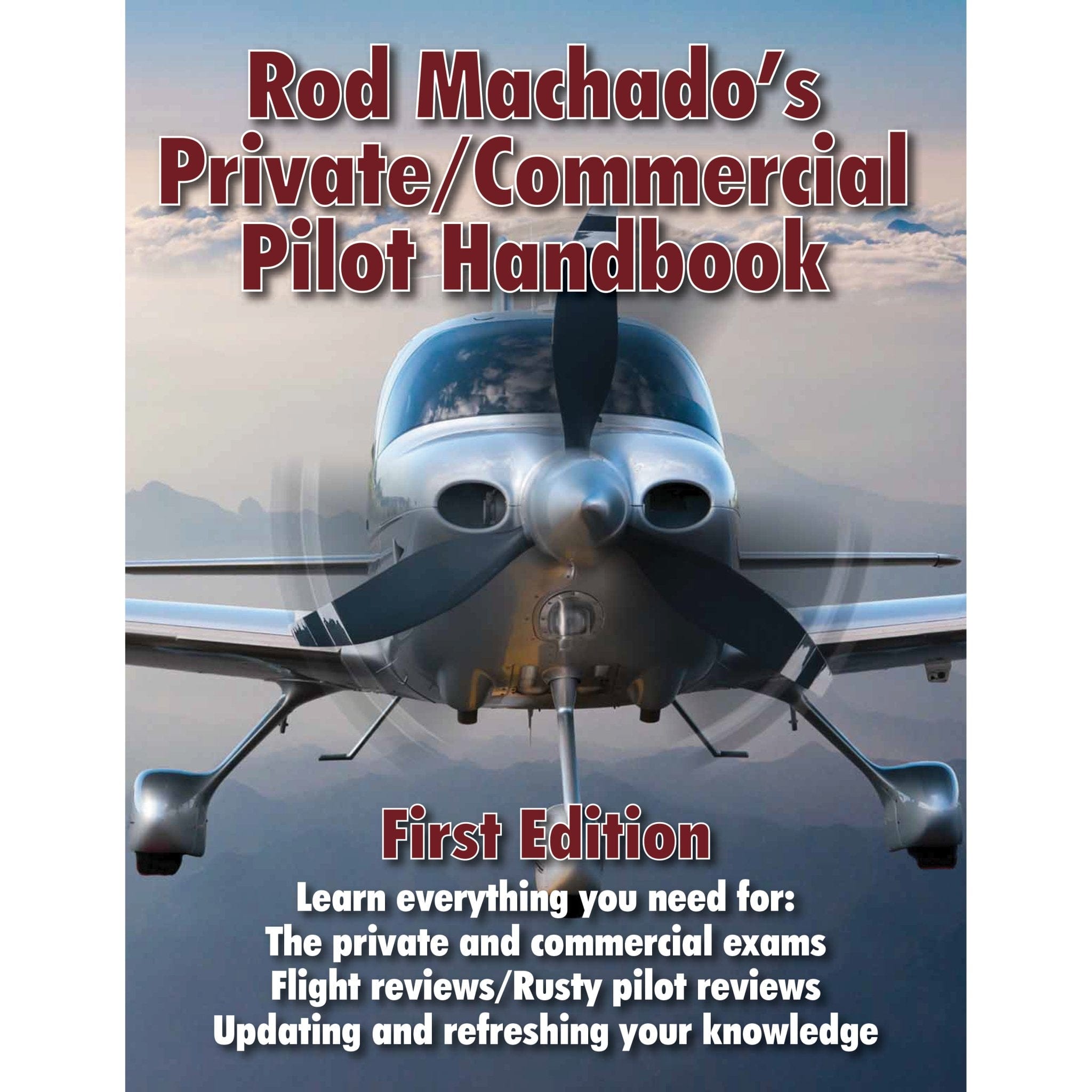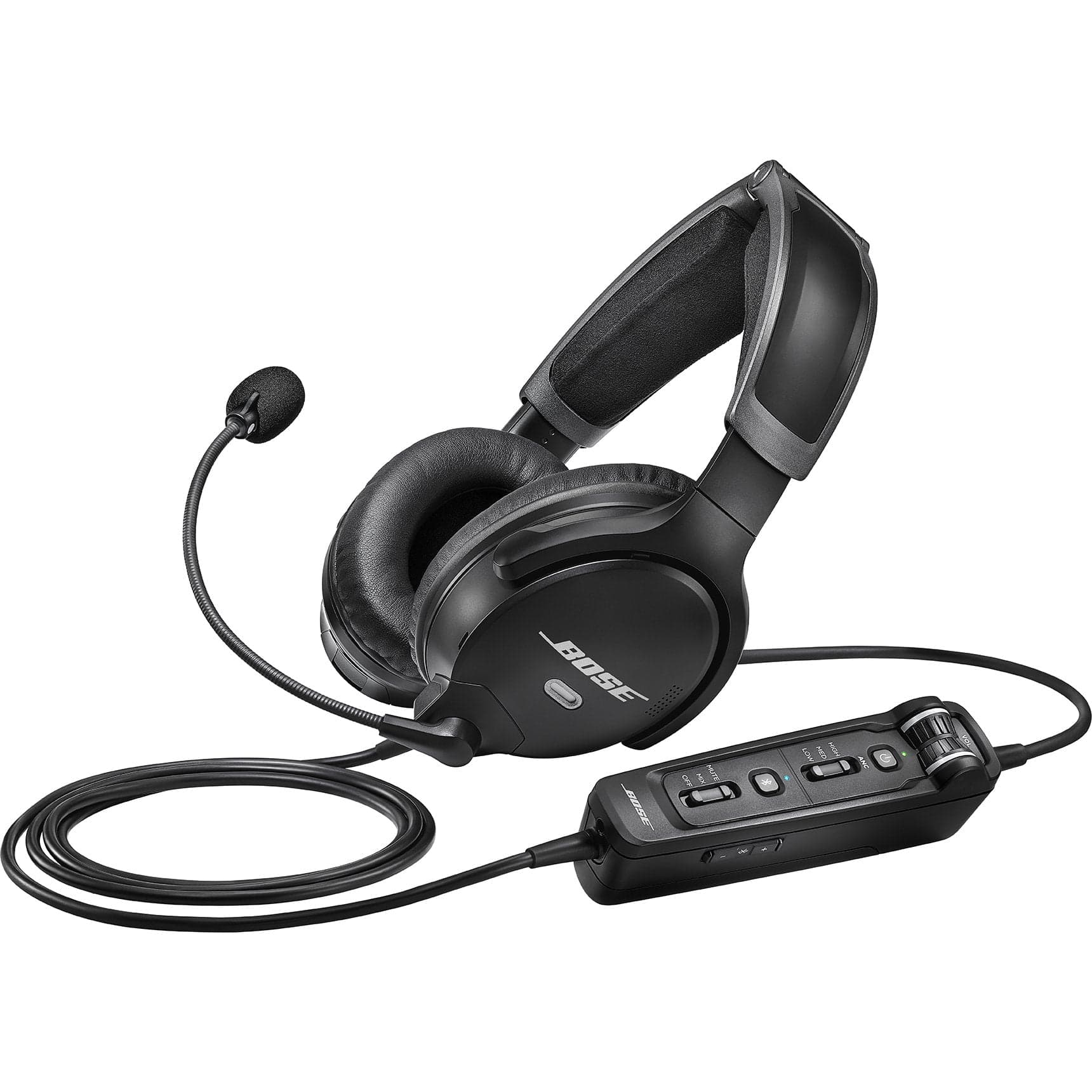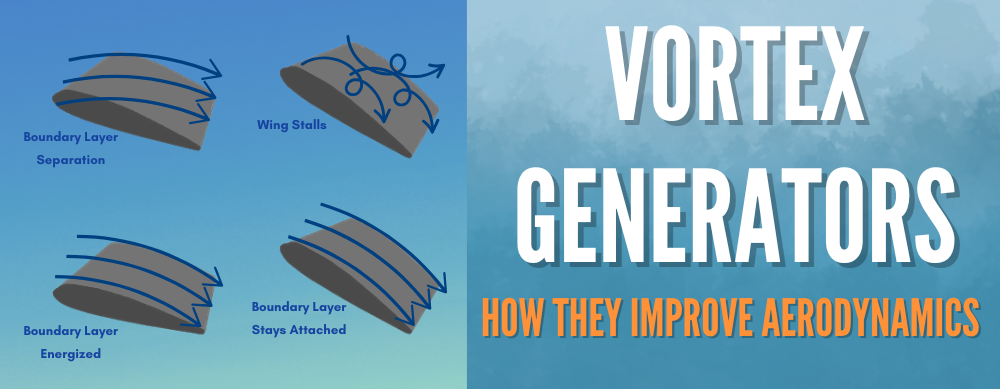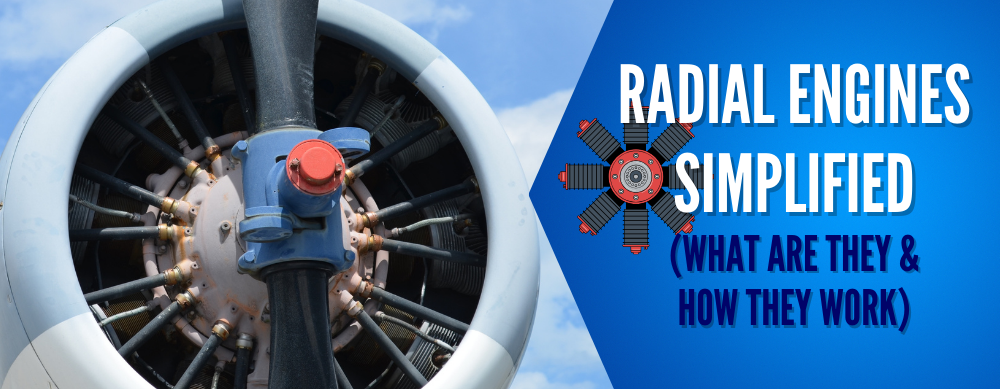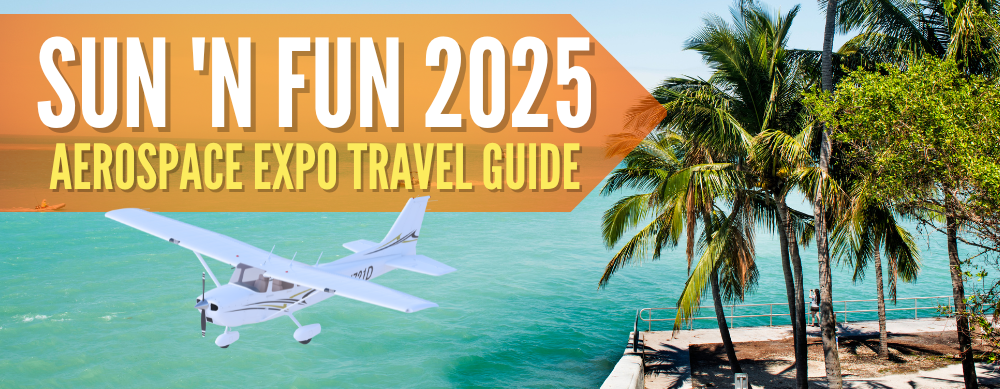As a private pilot, it's likely that one of your main motivations was to avoid the long lines at the airport and have the freedom to fly anywhere you desire. But did you know that you can also construct your very own aircraft?
Homebuilt aircraft are becoming more and more popular these days with several different experimental aircraft kits on the market.
I had the opportunity to interview the Owner of Veloce Planes, Dr. Jamie Fettig on how he's revolutionizing the market by creating a twin-engine DIY plane kit!
Intrigued? Read on for more!
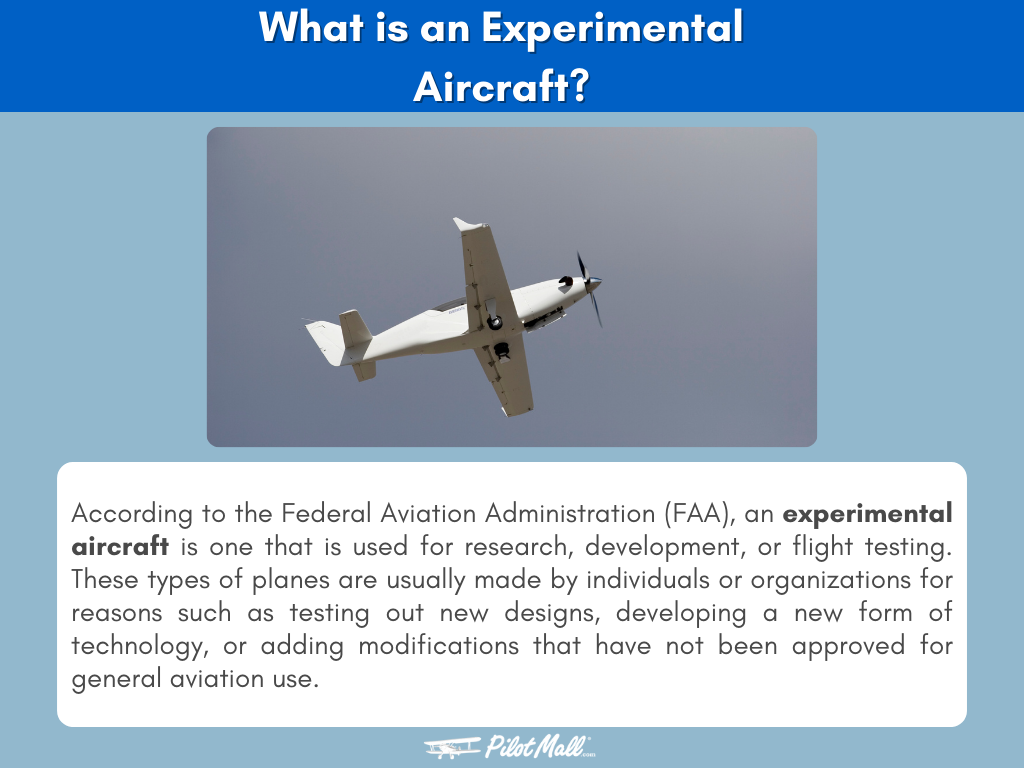
What is an Experimental Aircraft?
A lot of people are not aware that aircraft kits or experimental planes are available to the general public. You can build your own plane, but there are limitations in place to help keep people safe and informed.
According to the Federal Aviation Administration (FAA), an experimental aircraft is one that is used for research, development, or flight testing.
These types of planes are usually made by individuals or organizations for reasons such as testing out new designs, developing a new form of technology, or adding modifications that have not been approved for general aviation use.
Experimental aircraft have to abide by specific regulations and restrictions put in place by the FAA, and they often require special permits or airworthiness certificates in order to fly.
The 51% Rule
The Federal Aviation Administration (FAA) in the United States has a set rule for amateur-build experimental aircraft called the “51% rule”. This rule lays out that for the aircraft to be eligible for special airworthiness certifications within the FAA's Experimental Amateur-Built Aircraft category it must be built for recreational purposes and the company providing the kits can only build up to 49% of the aircraft with the remaining 51% the responsibility of the aircraft owner.
In the case of Veloce Planes, they offer the option for you to have the full kit and build it yourself 100%, or to purchase the kit and have them assemble up to 49% of it.
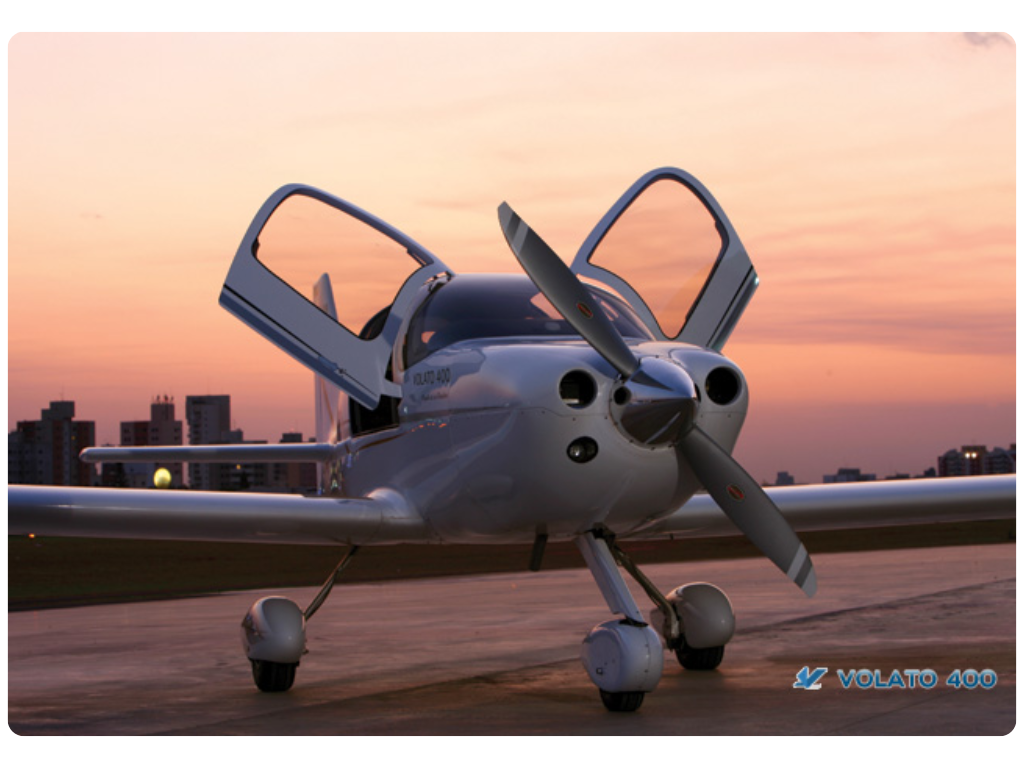
The Story of Veloce Planes
In my conversation with Dr. Jamie Fettig, he shared that his frustration with the lack of fast private charter options compared to commercial airlines is what led him to start Veloce.
Currently, there are limited options for private pilots looking to fly at speeds over 200mph without spending close to a million dollars on an aircraft. Dr. Fettig noted that even a popular option like the Cirrus SR22 has a cruising speed of only 211 MPH and costs around a million dollars to purchase brand-new.
After searching unsuccessfully for an aircraft that met his needs, he took on the challenge of creating his own. His vision was to design a personal airplane capable of reaching speeds up to 300mph.
Veloce Planes aims to offer interested buyers the ability to construct their own high-speed private aircraft, eliminating the need to wait in airport lines. And with the release of their latest model, the Veloce 600, they hope builders will have the opportunity to fly in their own self-built multi-engine airplanes and quickly travel across the country at stellar speeds.
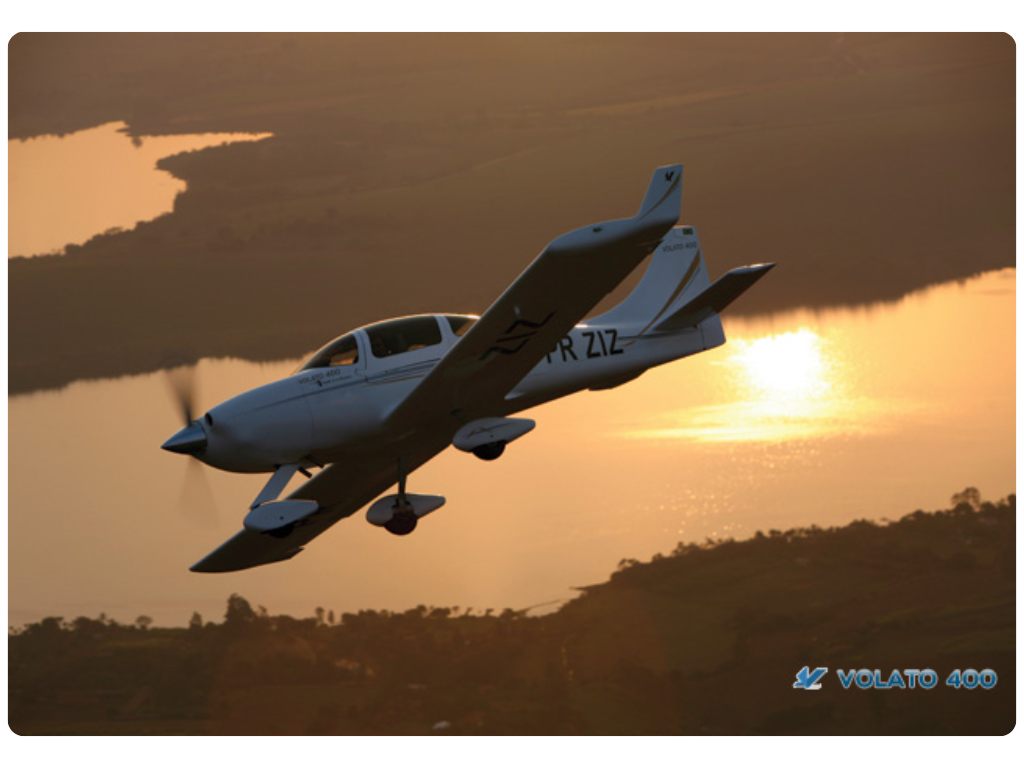
The Veloce 400
The first Veloce line of experimental aircraft kit Dr. Fettig and his team worked on was the Veloce 400. Drawing inspiration from the renowned Cirrus design, this aircraft boasted the option to add a parachute for added safety.
The Veloce 400 offers aircraft owners a variety of engine options for owners to choose from. The company encourages potential buyers to seek their advice on selecting the most suitable specifications, taking into consideration both financial and personal needs.
SPECS:
-
Maximum Power: 315 HP with 6-cylinder Lycoming Engine, 350 HP with AV
-
Maximum RPM: 2700 RPM with Lycoming, 3600 RPM in cruise with AV
-
Propeller: Constant Speed with Lycoming, Fixed Pitch or Constant with AV
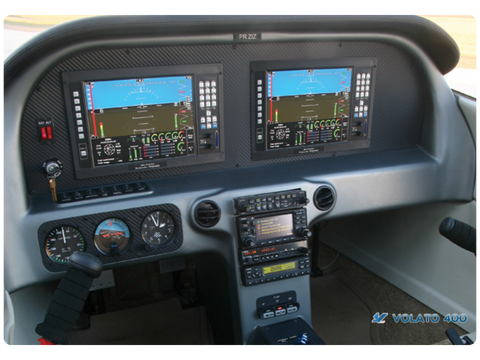
Optional Accessories
Veloce Plane offers additional options that can be added onto the aircraft if desired for additional pricing.
-
Ballistic Parachute
-
De-ice and Heated Prop
-
Electric Air-Conditioning
-
IFR Instrumentation (standard)
-
Other engine options
-
Garmin Dual Screen G3x, Auto Pilot, Dual Comm Dual Radio and ADSB In/Out
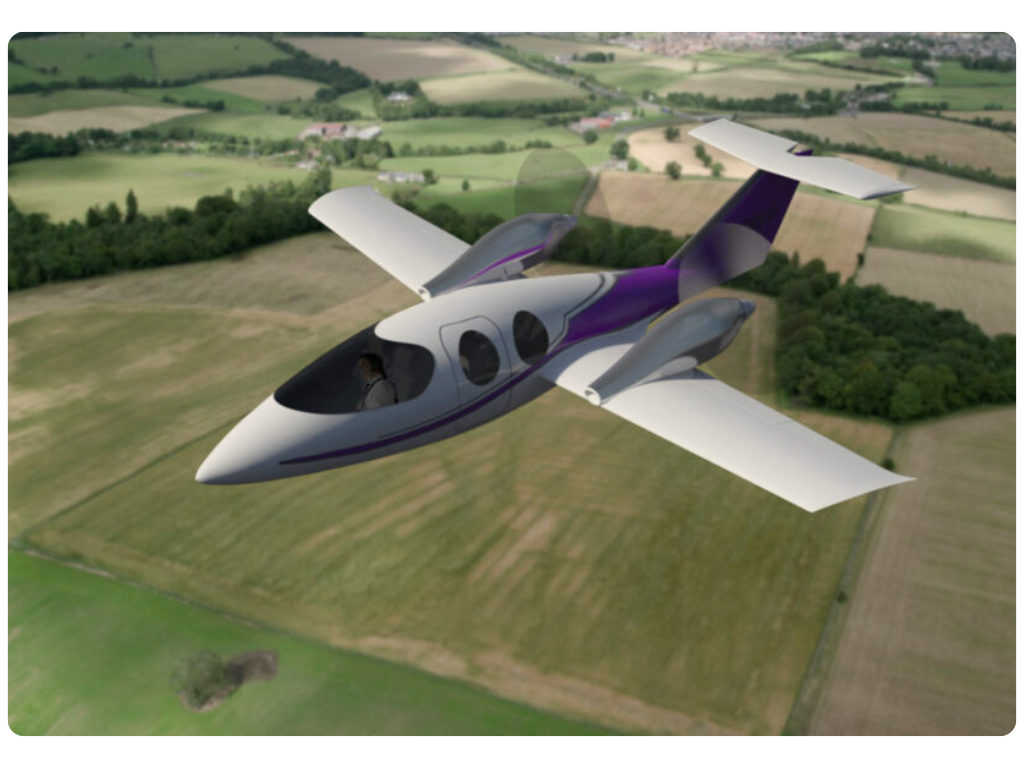
The Veloce 600
The Veloce 600 is a pressurised twin engine aircraft design, boasting speeds of 300 KTS and altitudes up to 25,000 FT. This beautiful twin engine burns 30 GPH and travels up to a 1950 NM range with IFR reserves.
The eagerly anticipated Veloce 600, set to be unveiled in the Summer of 2024, is a stunning new addition to their aircraft line. The sleek design boasts twin engines and is pressurized for optimal performance at high altitudes.
With a top speed of 300 knots and the ability to reach heights up to 25,000 feet, this aircraft is designed to impress even the most seasoned pilots.
And with its fuel-efficient engines burning only 36 gallons per hour, it can travel up to an amazing range of 1950 nautical miles, including reserves for instrument flight conditions.
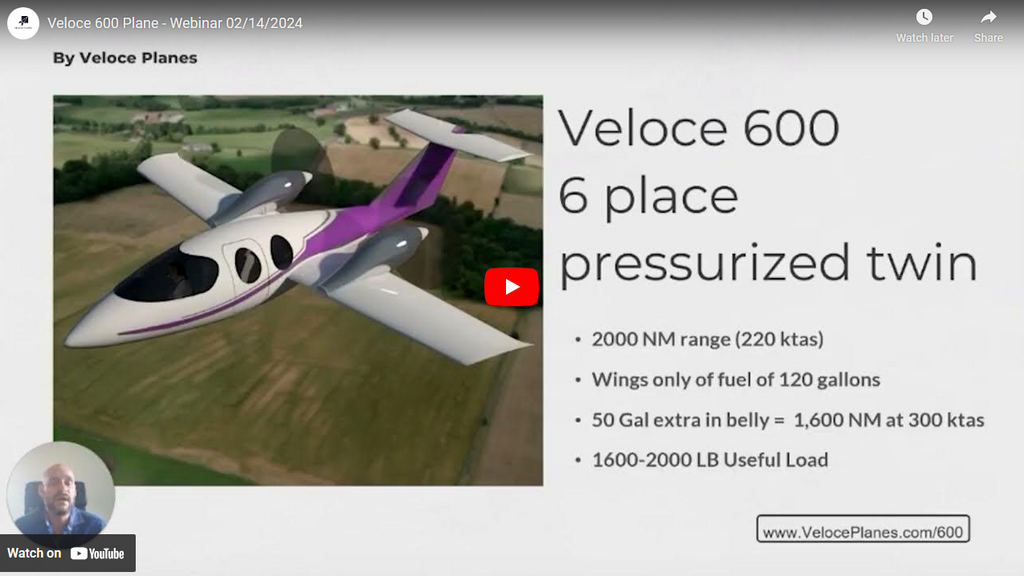
SPECS:
-
Cruise Speed: 300 KTS
-
Stall Speed: 70 KTS with flaps
-
Climb Rate: 2825 FPM
-
Range: 1950 NM
-
Fuel Load: 120 GAL
-
Fuel Burn: 32 GPH
-
Maximum Altitude: 25,000 FT
-
Empty Weight: 2400 LBS
-
Wing Loading: 27 LBS/SQ FT
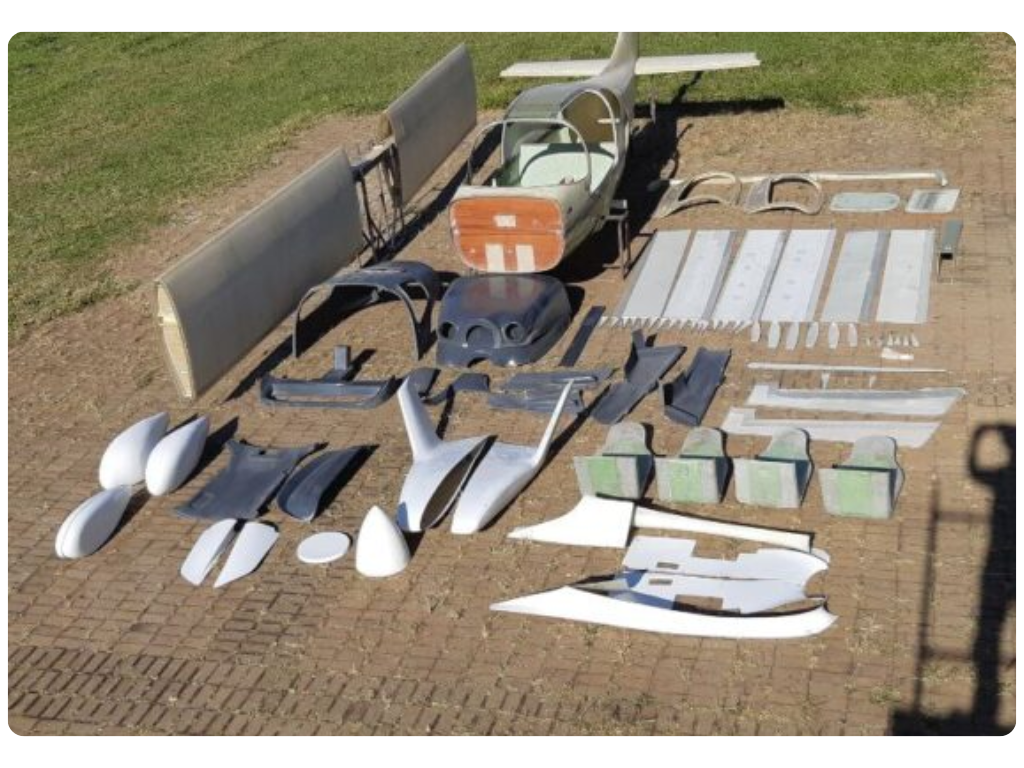
Self-Built Kit Costs
While the cost of self-built kits might seem steep, it's cheaper than outright buying an aircraft with similar specifications and design.
Veloce offers two options to owners for their airplanes: you can either purchase the kit alone or a half-built aircraft from their NC or CA locations.
Completing the aircraft in its entirety will also carry a different price depending on the options you wish to place in the plane.
Keep in mind that prices are subject to change based on the market and the materials available, so it's advisable to contact Veloce Planes for accurate costs and estimations.
Veloce 400 Cost
-
Kit: $54,700
-
Completed Costs: $140,000
Veloce 600 Cost
-
Kit: $247,000
-
Completed Costs: $450,00 self-built - $750,000 builder assistance

Frequently Asked Questions
-
What are the materials used for the Veloce plane kits?
The materials used are fiberglass and soric, these materials are often used in high performance boats, vehicles and aerobatic aircraft.
-
If Veloce can build up to 51%, what do I do with the other 49%?
You can either build the rest of the kit yourself(it can be a great educational experience) or hire a builder to complete the aircraft for you, but it is important to contact Veloce regarding the legal steps to take for this process.
-
Are the parts FAA-approved?
Not quite. Numerous intricate elements of construction fall outside the scope of FAA guidelines and are considered unofficial.
-
How do I get an Airworthiness Certificate for my aircraft once it's built?
You will need to have your aircraft inspected by an FAA approved mechanic, they will determine if the aircraft meets the standards. Check out the FAA's information regarding the Airworthiness certification process.
-
Is this aircraft insurable?
Yes. Veloce recommends contacting Falcon insurance Company through EAA to get coverage for your aircraft.
-
How long does it take to build my airplane kit?
The time frame will depend on the aircraft and the kits availability. Veloce claims this could be anywhere from months to years depending on the circumstances.
-
Will I need a test pilot?
Yes, either you can be the test pilot (if appropriately rated) or contact Veloce planes if you require an inspection and test pilot. Be sure to ask about the 40-hours of flown flight time that is required for test flights.
-
I have no knowledge of how to build planes, can I still use this kit?
Yes, though it will take more time and support it is possible for anyone to be able to build an amateur-built experimental aircraft.
-
Will I need flight training for this aircraft?
Yes, send questions regarding this to Veloce.
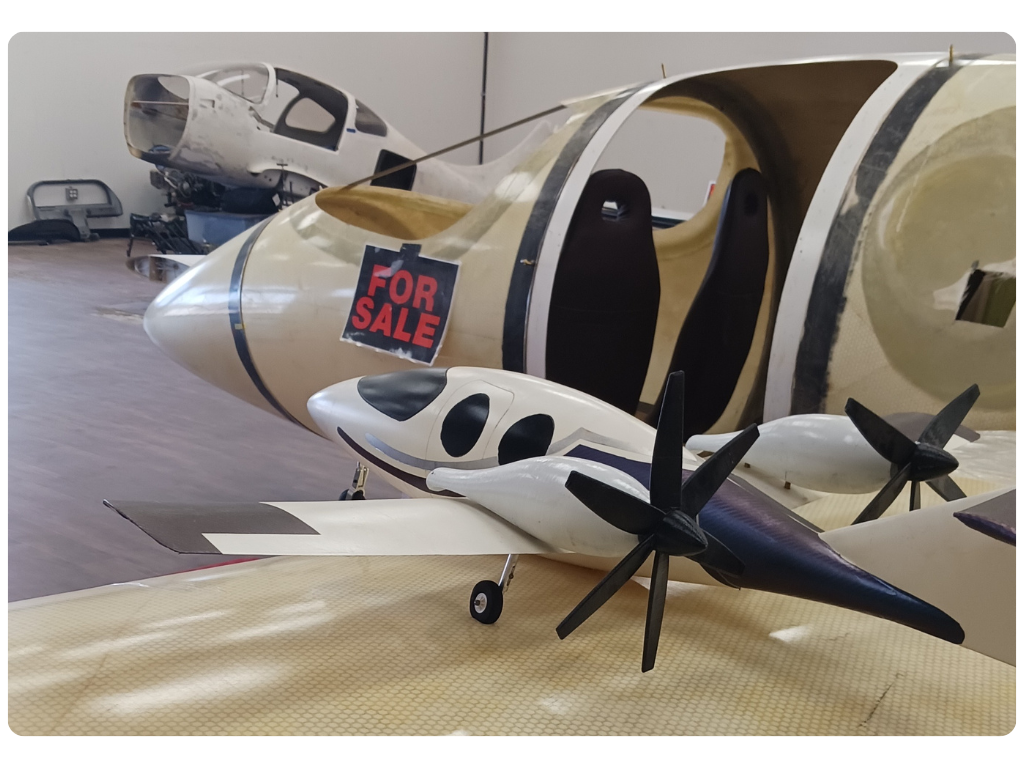
Takeaway
I was impressed not only by Dr. Fettig's innovation with the Veloce 600's capabilities but the genuine advice he gave me regarding business in general. He was a man who grew up from a humble beginning and his drive to succeed in life and to push the boundaries of tradition helped him cultivate a good mindset for creating and growing successful businesses.
I hope in the future to see more individuals develop new technologies and ways to explore both our skies and the great expanse of space.
Check out Veloce's website for more information and continue to love and appreciate all the amazing industry of aviation has to offer.
[Credits: all images of the aircrafts and kits are from https://veloceplanes.com ]
Want to learn about different aircraft?
Our guides provide everything you need to know.
Did you find this article helpful?
Do you think we missed anything important? Let us know in the comments below!

